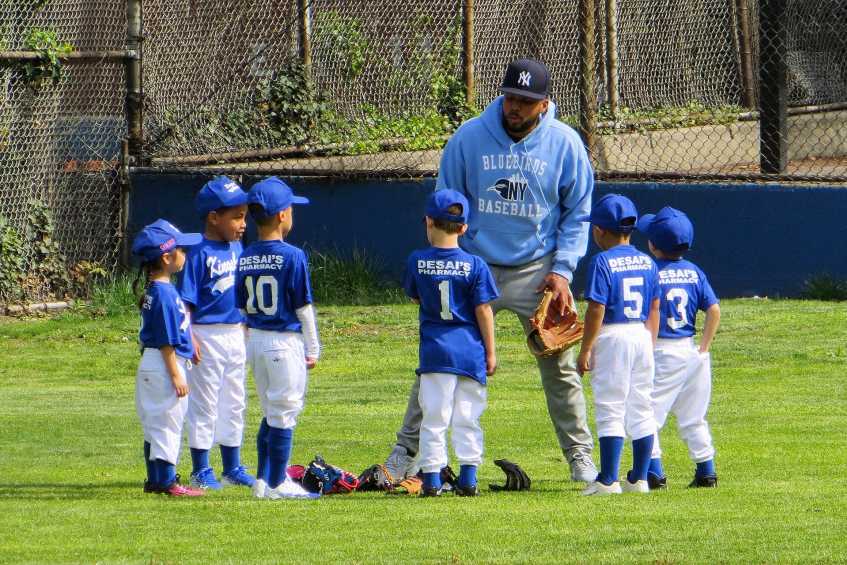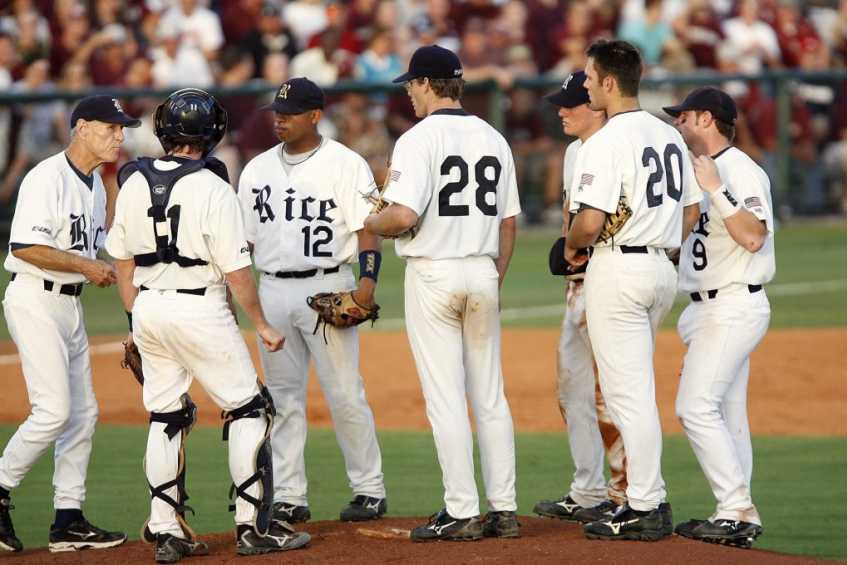



Unfortunately, many people hear the terms positive coaching and positive parenting and roll their eyes and think here we go again with all that goody-goody stuff. It is a shame some people look negatively on those terms because the opportunity to be one of the kids' life coaches is right in front of them. I assume it is because they know sports are not all fun and games. They do not want to hear people continually telling kids to just have fun and expect them to go around smiling all the time. Of course, they have a point because although fun is an important youth sports ingredient, there is so much more to youth sports than just having fun. Although many people may disagree with that, many future life values are obtained from youth sports, whether fun is had or not.
I believe the only way to be a truly successful life coach is in a positive way. The whole key to a positive experience for youth in athletics begins with sports coaches, who have the opportunity to be much more than sports coaches. Youth sports coaches are life coachesfor the young, impressionable youth athletes. Besides children's' parents, no adults have more influence with a sports-minded kid than their coach does. Youth remember the influence, positive or negative, that coaches had on them long after their careers end.
It is important to note that I said, "Besides their parents," as the most important life coaches for kids are their parents. All parents are sports coaches for their kids, whether they realize it or not and whether they are the team coach or not. Parents are the ones that athletes should go home to and discuss the happenings and outcomes of games. Parents are the ones that see and have to deal with the disappointments, successes, and career decisions of athletes. How parents "teach" during the ups and downs that sports produce is crucial to helping kids grow into successful adults.
There are numerous life lessons to learn from youth sports and positive parents and coaches are necessary to recognize those life lessons and communicate them to kids. On the playing fields, positive parenting is essential for youth to reach their sports potential. Without positive parenting and coaching, kids stop playing sports before they ever reach their potential, and many quit without even giving it much of a chance because the parental negativity makes it feel not worth it. Failing to experience assuring adults, kids often head down the road ill-equipped to handle tricky sport and life situations.
The problem is that there are positive life coaches and negative life coaches, and as mentioned, you can substitute the word parent for coaches.
It all begins with communication and communication is a two-way street. So often parents make decisions for kids without either consulting with them or by just assuming they know what their child desires. Of course, parent/child communication is not easy because kids have a difficult time communicating their true feelings and often just say what they think their parent wants to hear. Parents must objectively try to evaluate their child's behavior so they make the best decision for their child.
Adults should:
The best life coaches (parents), who display a positive sport and life outlook with these characteristics of understanding, compassion, fun, and empathy, help kids learn the same desirable traits. Being a life coach not only involves being a leader, but it is also about helping kids to become leaders themselves.
Following are the leadership traits coaches should have, look for, and develop in others:
Any time coaches notice players showing any of the above qualities, they should make a point of mentioning it to everyone.
People often associate leadership with the best player. But the star players who do not work hard will not be the team leaders, at least not for long. Without passion and a consistent work ethic, others will not follow. You must point that out to those who do not work hard but believe their success warrants them to be the team voice. Of course, the ideal coaching situation is when the most talented players have the highest character.
At the higher levels of sports, it's hard for an athlete to be a team leader without having personal success. However, leaders at the youth level do not have to be the best players. An athlete with an infectious personality may fill that role. Coaches should encourage players to be themselves, allowing characters to emerge and encouraging others to follow those who display leadership.
A useful method for teaching leadership is putting players in a leadership role. The "Captain of the Day" can do just that. Coaches can choose a different player each day and have that player make some decisions for the team. Captain for a Day helps players develop assurance, self-esteem, and responsibility.
Coaches should point out the positive sports leadership stories that are in the daily news.
After playing major league baseball, Jack Perconte has taught baseball and softball since 1988 and offered valuable coaching training too. He has helped numerous youth players reach their potential, as well as having helped parents and coaches navigate their way through the challenging world of youth sports. Jack is one of the leading authorities in the areas of youth baseball training and coaching training advice.
All Jack Perconte articles are used with copyright permission.There are 0 comments on "Life Coaches Never More Important than in Youth Sports"
chandler allen says:
"Hi my name is chandler, i’ve enjoyed..."
On Wanting to tryout for summer ball. as an 18 year old
david graham says:
"With no current MLB team in Canada,..."
On With no current MLB team in
Charles Chavez says:
"To All Coaches: Do you have13U or..."
On Looking for Games